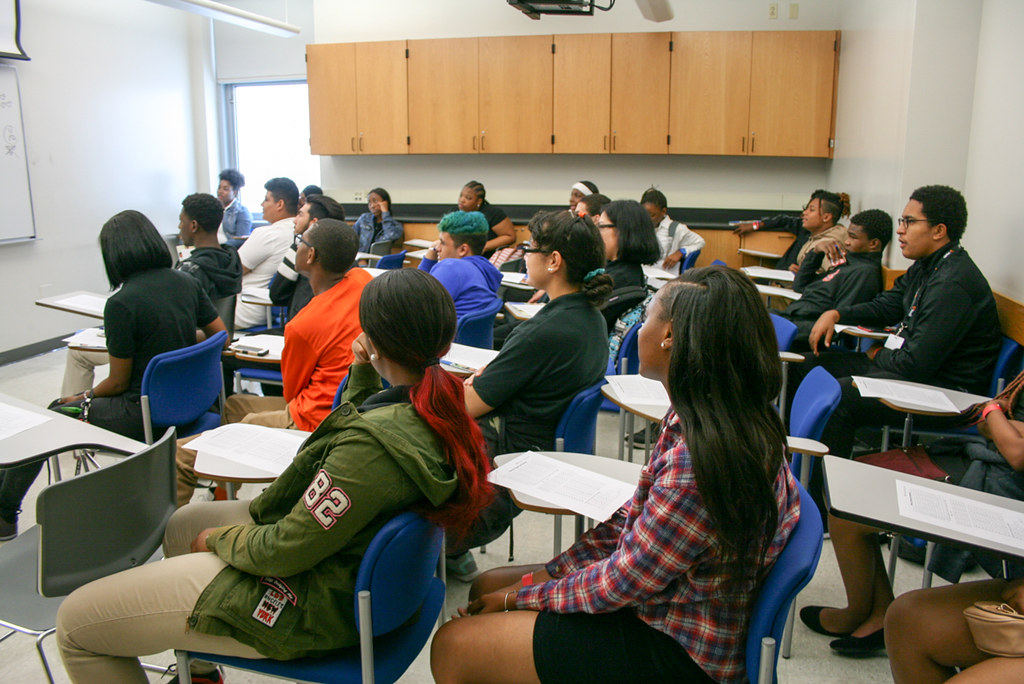For the vast majority of children raised in modern Western democracies, attendance at school until the age of 16 (or more) is a normal fact of life. Primary education (Elementary) and a certain amount of secondary schooling are mandatory by legislation. Of course, it was not always like that in countries such as the United States, the United Kingdom, and Australia, and an estimated 16 million children in Africa still do not receive basic schooling.
However, the inheritance of compulsory education in most Western countries in the last 100-150 years has led to the feeling that schools are institutions within modern society. By institutions, I mean they are embedded in the way we think about society, we would be difficult to contemplate any capacity for progress without relying on primary, secondary and tertiary education.
During the last decade, more or less than governments and social attitudes towards education have been changing, a fact that not all schools have recognized. The change has been to see schools as social institutions to see them as suppliers of education services. As education services providers, they are like companies that sell a product (education) and compete with each other for students and funds.
There are a number of factors that have driven this change. An important factor is competition. In the past years, only rich could afford private education. The vast majority of students went to state schools or low-cost Catholic schools. Today, however, the educational landscape looks very different. There is a huge range of school options from public and low-cost church schools, elitist private schools, and all the way. Parents can find a school somewhere to satisfy their budget, and if they live in an important city, they will probably not have to look far away.
The increase in competition is a reflection of the growing richness in Western countries, and provides parents and children who are not available for most people in the past. However, for schools, competition is in the su. It puts the pressure on the schools to perform, and losing students to a school of competitors can begin a loss of vicious spiral of students leads to the loss of personnel; The loss of personnel leads to the loss of subjects options; The loss of material options leads to a greater loss of students.
Going by hand with competition is the perceived quality of education provided by schools. In many educational jurisdictions, the state tests of students allow the schools to compare schools according to the “quality” of their test results. Parents and children often take school options based on the overall performance of standardized schools. Increasingly, this information is available free of charge online, which allows an easy comparison and greater competition for “best” schools. This’ ‘marketing’ and self-promotion of schools is another evidence of a competitive commercial market in the sector.
The marketing of the school sector is driven by the highly specialized and highly selective labor market in most Western countries. Increasingly, students select courses based on what they expect to study at college, or in the availability of jobs when they leave school. Not only is schools expected to produce good students, but also good workers who can play their role in tax payment and subject economic growth. As consumers, parents and children coveted schools that reliably deliver admissions to the most prestigious university courses or jobs most wanted.
The reality of the school sector is that it is becoming increasingly becoming a merchandise with a market value. Schools compete for scarce resources: students and funds. However, many schools seem to be populated by staff with long memories. Many teachers still think they just need to teach their subjects and students just need to learn. They think that the responsibility for the inscriptions next year is located with the principal or the school board. He does not find it with everyone.









